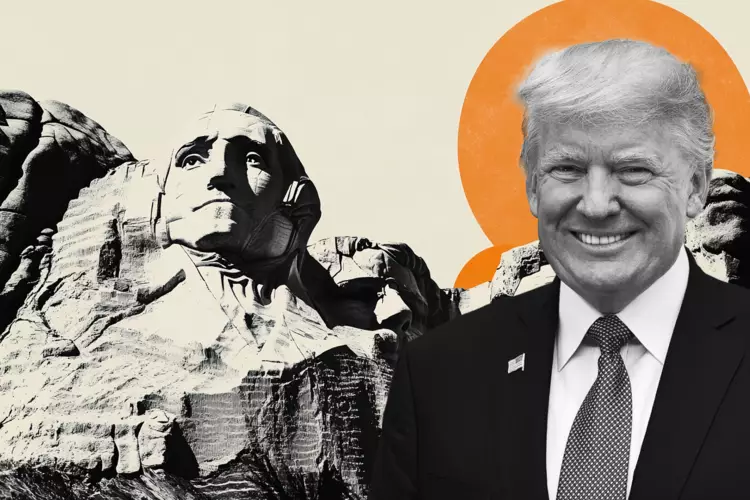In recent remarks, former President Donald Trump declared that the United States possesses such overwhelming strength that it can simply “get people to do things.” Such statements are not merely rhetorical bravado; they underscore a strategic display of American dominance, intended to project influence while simultaneously masking underlying uncertainties. Trump’s assertion that more countries should join efforts to curb Russian oil purchases reveals a desire to leverage collective pressure without direct US intervention. While this might appear to bolster international cooperation, it also exposes the inconsistency in Trump’s policy stance—oscillating from populist isolationism to strategic global diplomacy. This inconsistency hampers coherence and mutes meaningful impact, revealing how performative power plays often overshadow pragmatic policy.
The Manipulation of International Alliances and Economic Leverage
A closer examination unveils the underlying motives behind Trump’s call for a unified front against Russia’s invasion of Ukraine. Rather than employing direct sanctions or military aid, Trump emphasizes persuasion and economic pressure, particularly through energy markets. His suggestion that the US can manipulate oil prices or leverage other nations’ resources to influence Russia highlights a reliance on economic clout rather than genuine diplomatic effort. Meanwhile, insiders within the US political sphere are trying to repair damage wrought by fluctuating tariff policies—an unpredictable approach that destabilizes markets and erodes trust among allies. The recent moves toward zero tariffs on certain minerals and calls for stricter economic cooperation reflect a convoluted strategy: a desire to restore global trust while operating within a framework of self-interest and short-term gains.
The Shift in US-Russia Relations and the Portrayal of Strength
Trump’s softened stance toward Russia signals a pragmatic shift or perhaps a tactical retreat. His previous hawkish rhetoric has been replaced with more conciliatory language, suggesting that the true source of influence now hinges on economic sanctions rather than direct confrontation. Trump’s insinuation that ending the Ukraine war hinges on oil prices illustrates the conflation of energy policy with geopolitical stability—a risky oversimplification. His body language and remarks betray an understanding that military or diplomatic pressure alone may be insufficient, thus turning to market forces for resolution. This perspective, while appealing in its simplicity, underestimates the complex interplay of global politics, energy dependencies, and national interests. Trump’s narrative reveals a comfort with wielding power as a bluff, often ignoring the nuanced realities that challenge such bravado.
Global Dynamics: From Brash Statements to Strategic Ambiguity
International leaders are echoing sentiments about Russia’s oil dependency, with British Prime Minister Rishi Sunak echoing criticisms of Europe’s continued reliance on Russian energy. Yet, beneath these words, practical challenges persist—energy markets are deeply interconnected, and sudden shifts can cause economic turbulence. Trump’s hints at offering military or economic favors, such as tariff rebates, expose a transactional view of international relations—where strength is measured not in consistent policies but in the ability to extract concessions. The underlying message is clear: global influence, as perceived by Trump and allies, is about leverage, not necessarily about unwavering principles. This ambiguity underscores how political posturing often obscures the actual complexities involved in resolving conflicts or reshaping global energy dependencies.
The landscape of international diplomacy, at times manipulated through threats and bluster, ultimately reveals the fragility of perceived strength. Power is often a veneer—easy to brandish in speeches and tweets, harder to sustain without coherent strategies grounded in reality. While projecting dominance might garner short-term attention, it risks fostering complacency or miscalculation among allies and adversaries alike. True influence requires more than a show of strength; it demands consistency, clarity, and a nuanced understanding of the delicate global fabric that underpins peace and economic stability.

